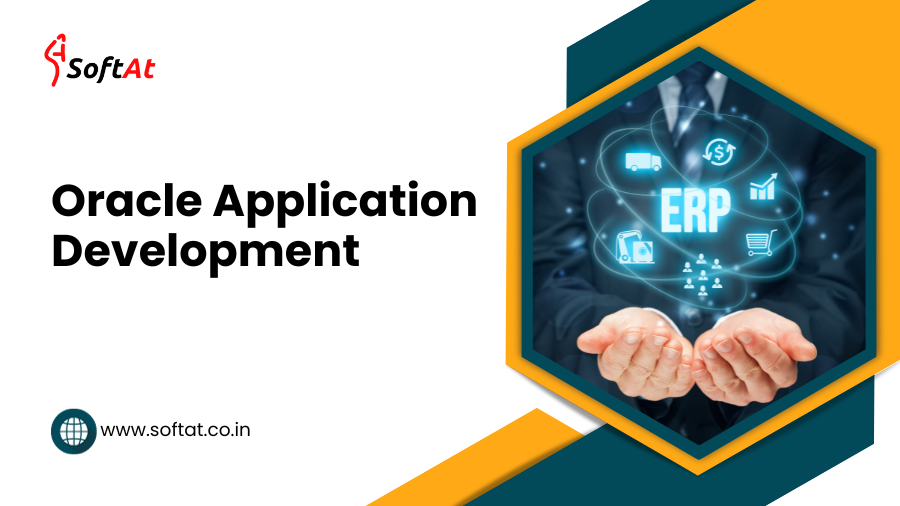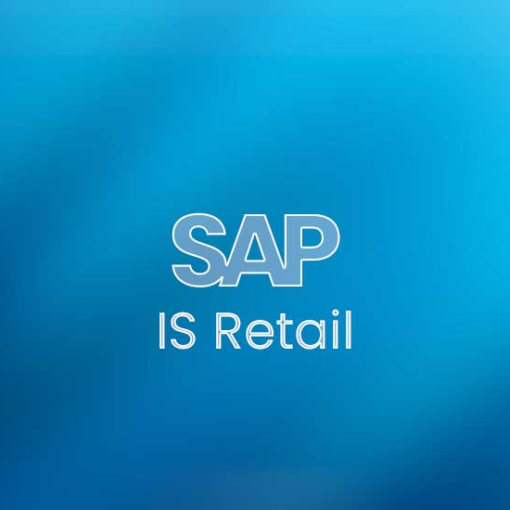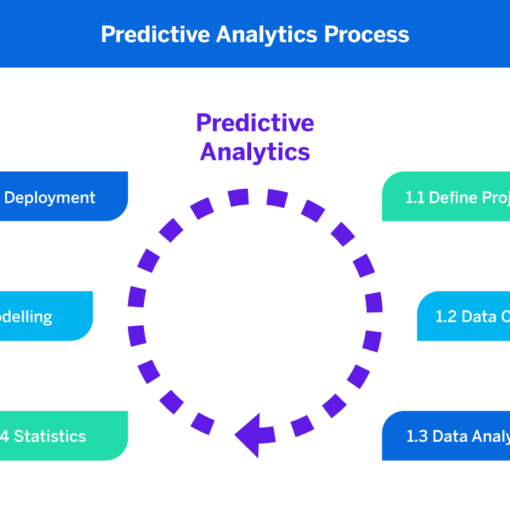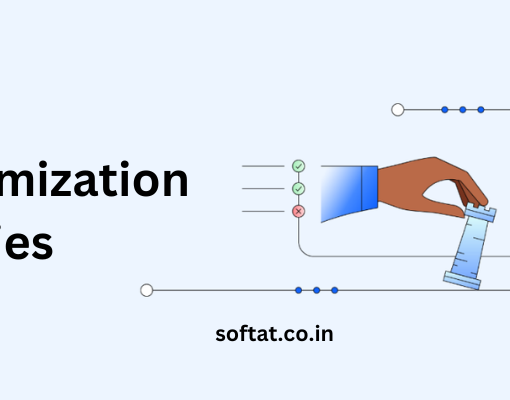In the ever-evolving landscape of technology, Oracle stands as a stalwart, offering a robust platform for application development that empowers businesses to innovate and thrive. Let’s embark on a journey to explore the nuances of Oracle Application Development, from its foundational elements to real-world applications and future trends.
1. Introduction
In the fast-paced digital era, businesses are constantly seeking ways to enhance efficiency, streamline operations, and stay ahead of the competition. Oracle Application Development emerges as a solution, providing a comprehensive set of tools and frameworks to build scalable, secure, and integrated applications.
2. Understanding Oracle and Its Ecosystem
2.1 Oracle Database
At the heart of Oracle Application Development lies the powerful Oracle Database, known for its unparalleled performance, reliability, and data management capabilities. Developers leverage SQL and PL/SQL to interact with the database, ensuring seamless data operations.
2.2 Oracle Cloud
Oracle’s foray into the cloud domain brings forth a dynamic ecosystem for developers. The Oracle Cloud platform facilitates scalable and cost-effective solutions, allowing businesses to transition smoothly into a cloud-native environment.
3. Benefits of Oracle Application Development
3.1 Scalability and Performance
Oracle’s architecture is designed to scale effortlessly, catering to the growing needs of applications. Whether it’s handling increased data loads or user requests, Oracle ensures optimal performance.
3.2 Security and Reliability
Security is paramount in the digital realm, and Oracle doesn’t disappoint. With robust security measures and a focus on reliability, businesses can trust Oracle Application Development for safeguarding critical data.
3.3 Seamless Integration
One of the hallmarks of Oracle is its commitment to integration. Applications developed on the Oracle platform seamlessly integrate with existing systems, fostering a cohesive and connected IT landscape.
4. Getting Started with Oracle Development
4.1 Oracle SQL and PL/SQL
A fundamental step in Oracle Application Development involves mastering SQL and PL/SQL. These query languages empower developers to interact with the database, perform complex operations, and ensure data integrity.
4.2 Oracle APEX
Oracle APEX (Application Express) accelerates the development of web applications with a low-code approach. It’s a game-changer for businesses aiming to swiftly bring ideas to life.
4.3 Oracle Developer Cloud
Collaboration is key in modern development, and Oracle Developer Cloud provides a collaborative platform for teams. Version control, issue tracking, and continuous integration are seamlessly integrated, streamlining the development lifecycle.
5. Oracle Development Best Practices
5.1 Optimal Code Structuring
Efficient code structuring is essential for maintainability and scalability. Oracle developers adhere to best practices to ensure that the codebase remains clean, modular, and easy to understand.
5.2 Version Control and Collaboration
In the world of collaborative development, version control is non-negotiable. Oracle developers leverage tools like Git to manage code versions, track changes, and facilitate smooth collaboration among team members.
5.3 Performance Tuning
Fine-tuning application performance is an ongoing process. Oracle developers delve into query optimization, indexing strategies, and caching mechanisms to ensure that applications deliver optimal performance under varying loads.
6. Real-world Applications of Oracle Development
6.1 Enterprise Resource Planning (ERP)
Oracle’s ERP solutions streamline business processes, from finance to human resources. The seamless integration with other applications ensures a holistic approach to enterprise management.
6.2 Customer Relationship Management (CRM)
Effective customer relationship management is a cornerstone of business success. Oracle CRM solutions empower businesses to build meaningful connections with customers, driving loyalty and satisfaction.
6.3 Data Warehousing
In the era of big data, Oracle’s data warehousing capabilities shine. Businesses leverage Oracle for storing, managing, and analyzing vast amounts of data, extracting valuable insights for strategic decision-making.
7. Overcoming Challenges in Oracle Application Development
7.1 Complexity Management
While Oracle offers a robust set of tools, the complexity of application development can be daunting. Developers employ strategies like modularization and design patterns to manage complexity effectively.
7.2 Future-proofing Your Applications
The rapid pace of technological change necessitates a forward-thinking approach. Oracle developers focus on future-proofing applications, ensuring they can adapt to emerging technologies and evolving business needs.
8. Trends and Innovations in Oracle Development
8.1 Machine Learning Integration
The integration of machine learning in Oracle applications opens new frontiers. From predictive analytics to intelligent automation, machine learning enhances the capabilities of Oracle-developed solutions.
8.2 Blockchain in Oracle Applications
Blockchain technology finds its way into Oracle applications, bringing transparency, security, and trust to transactional processes. Oracle developers explore the potential of blockchain for various use cases.
9. Success Stories: Organizations Thriving with Oracle
9.1 Case Study 1: Streamlining Operations
Company X streamlined its operations with Oracle ERP, reducing operational costs by 20% and enhancing overall efficiency. The seamless integration with existing systems contributed to a smooth transition.
9.2 Case Study 2: Achieving Digital Transformation
Organization Y embraced Oracle APEX for rapid application development, accelerating its digital transformation journey. The low-code approach allowed for quick iterations and faster time-to-market.
10. Oracle Development Community and Resources
10.1 Oracle Forums and Communities
Engaging with the Oracle development community is invaluable. Forums and communities provide a platform for developers to share insights, seek help, and stay updated on the latest trends.
10.2 Online Learning Platforms
Continuous learning is essential in the tech landscape. Oracle developers leverage online platforms for courses, certifications, and tutorials to stay ahead of the curve.
11. Future Outlook: Oracle’s Role in the Tech Landscape
As technology continues to evolve, Oracle remains at the forefront of innovation. From advancements in cloud computing to the integration of emerging technologies, Oracle’s role in shaping the tech landscape is set to expand.
12. Conclusion
In conclusion, Oracle Application Development stands as a beacon for businesses navigating the complexities of the digital age. With a robust ecosystem, innovative tools, and a community of passionate developers, Oracle empowers businesses to not just adapt but thrive in an ever-changing technological landscape.
FAQs
- Is Oracle Application Development suitable for small businesses?
- Oracle Application Development is scalable and can be tailored to suit the needs of small businesses, providing a foundation for growth.
- How does Oracle ensure the security of applications developed on its platform?
- Oracle prioritizes security with robust measures, including encryption, access controls, and regular security updates.
- Can Oracle applications integrate with third-party systems?
- Yes, Oracle applications are designed for seamless integration with a wide range of third-party systems.
- What role does Oracle APEX play in application development?
- Oracle APEX is a low-code development platform that accelerates the creation of web applications, offering agility in development.
- Is Oracle suitable for mobile application development?
- Oracle provides tools and frameworks for mobile application development, catering to the demands of the mobile-first era.
You may be interested in:





